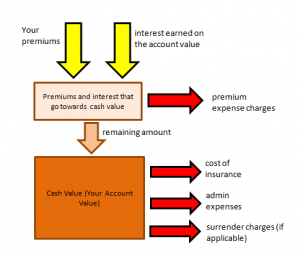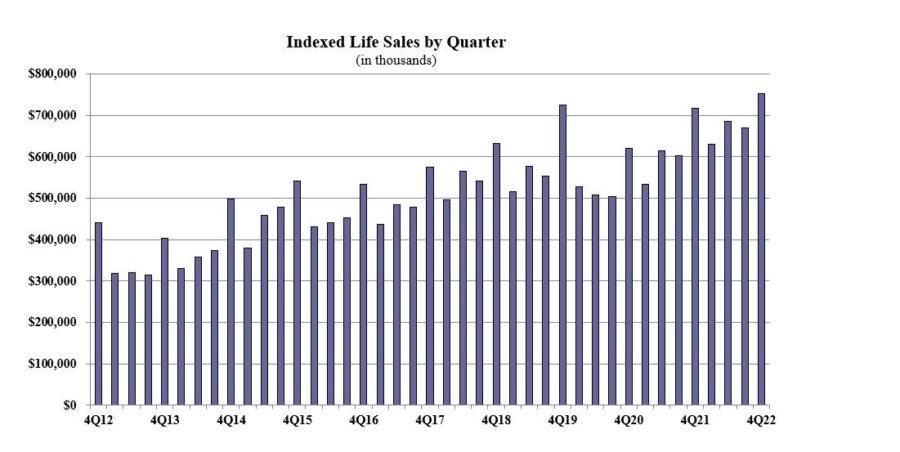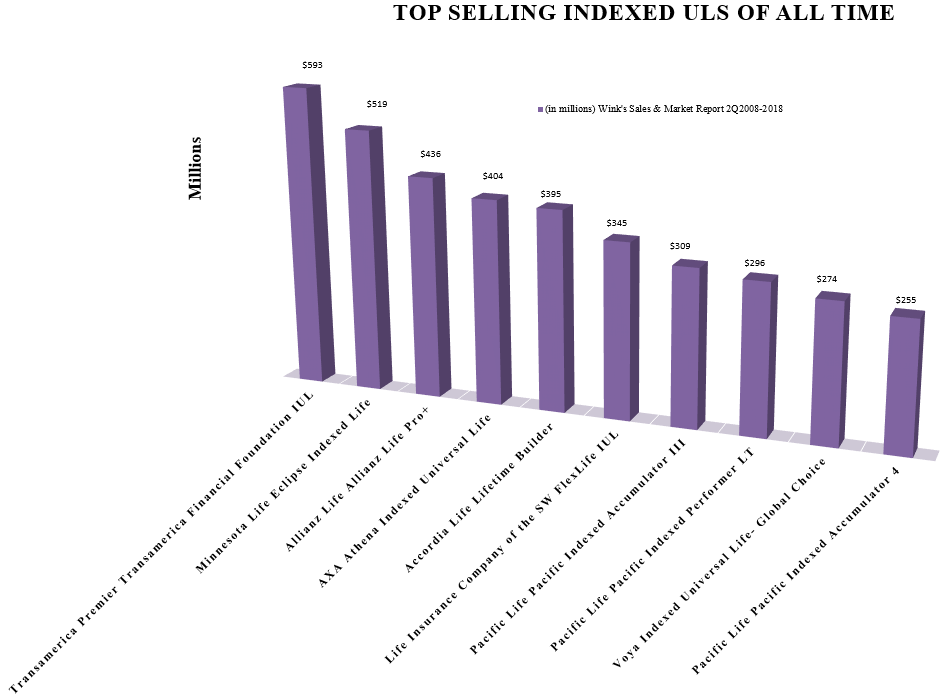All Categories
Featured
Table of Contents
1), often in an attempt to beat their group standards. This is a straw male disagreement, and one IUL people enjoy to make. Do they contrast the IUL to something like the Vanguard Total Amount Securities Market Fund Admiral Show to no tons, an expenditure proportion (EMERGENCY ROOM) of 5 basis factors, a turn over ratio of 4.3%, and an exceptional tax-efficient document of distributions? No, they compare it to some horrible proactively managed fund with an 8% load, a 2% EMERGENCY ROOM, an 80% turnover proportion, and a horrible record of temporary resources gain circulations.
Shared funds commonly make yearly taxed distributions to fund owners, also when the worth of their fund has actually decreased in value. Shared funds not only need income coverage (and the resulting yearly taxation) when the shared fund is increasing in worth, but can additionally impose income taxes in a year when the fund has decreased in value.
You can tax-manage the fund, collecting losses and gains in order to reduce taxable distributions to the capitalists, yet that isn't somehow going to transform the reported return of the fund. The possession of common funds might require the mutual fund owner to pay estimated tax obligations (what is a guaranteed universal life insurance policy).

IULs are simple to place to make sure that, at the owner's death, the beneficiary is not subject to either revenue or inheritance tax. The exact same tax reduction techniques do not work almost also with shared funds. There are numerous, usually expensive, tax obligation catches linked with the timed trading of common fund shares, traps that do not relate to indexed life insurance policy.
Chances aren't very high that you're mosting likely to go through the AMT as a result of your mutual fund circulations if you aren't without them. The rest of this one is half-truths at ideal. For circumstances, while it is true that there is no income tax because of your heirs when they inherit the earnings of your IUL policy, it is likewise real that there is no revenue tax as a result of your beneficiaries when they inherit a mutual fund in a taxed account from you.
History Of Universal Life Insurance
There are much better ways to stay clear of estate tax obligation concerns than acquiring financial investments with reduced returns. Mutual funds may cause earnings tax of Social Safety and security advantages.

The growth within the IUL is tax-deferred and may be taken as tax complimentary income by means of financings. The plan proprietor (vs. the common fund manager) is in control of his or her reportable earnings, therefore allowing them to reduce or perhaps remove the tax of their Social Safety and security advantages. This is excellent.
Here's one more marginal concern. It's real if you buy a mutual fund for claim $10 per share right before the circulation day, and it disperses a $0.50 circulation, you are then going to owe tax obligations (most likely 7-10 cents per share) although that you haven't yet had any gains.
In the end, it's actually regarding the after-tax return, not just how much you pay in taxes. You're likewise probably going to have more money after paying those taxes. The record-keeping needs for possessing shared funds are considerably much more intricate.
With an IUL, one's records are maintained by the insurance provider, duplicates of annual statements are mailed to the proprietor, and distributions (if any) are amounted to and reported at year end. This one is also sort of silly. Certainly you ought to keep your tax documents in instance of an audit.
Veterans Universal Life Insurance
Hardly a reason to purchase life insurance policy. Mutual funds are frequently component of a decedent's probated estate.
On top of that, they are subject to the delays and expenditures of probate. The profits of the IUL policy, on the other hand, is constantly a non-probate distribution that passes beyond probate directly to one's called recipients, and is for that reason not subject to one's posthumous creditors, unwanted public disclosure, or similar delays and costs.
Medicaid incompetency and lifetime revenue. An IUL can give their owners with a stream of revenue for their whole lifetime, no matter of just how lengthy they live.

This is useful when organizing one's events, and transforming assets to earnings prior to a retirement home arrest. Common funds can not be transformed in a comparable fashion, and are often considered countable Medicaid properties. This is one more stupid one advocating that inadequate individuals (you know, the ones who need Medicaid, a government program for the inadequate, to pay for their assisted living home) ought to utilize IUL instead of shared funds.
Variable Universal Life Insurance Quotes
And life insurance policy looks horrible when contrasted fairly versus a pension. Second, people that have cash to buy IUL above and past their pension are mosting likely to have to be awful at managing cash in order to ever before certify for Medicaid to pay for their retirement home costs.
Persistent and terminal illness cyclist. All policies will certainly permit an owner's easy access to money from their plan, frequently waiving any kind of surrender charges when such individuals experience a major health problem, require at-home treatment, or become constrained to an assisted living home. Shared funds do not give a comparable waiver when contingent deferred sales charges still put on a common fund account whose owner requires to sell some shares to fund the costs of such a stay.
Universal Seguros
You get to pay even more for that benefit (motorcyclist) with an insurance policy. Indexed global life insurance coverage offers death benefits to the recipients of the IUL owners, and neither the owner neither the beneficiary can ever lose cash due to a down market.
Now, ask on your own, do you actually need or desire a fatality advantage? I absolutely do not require one after I reach financial self-reliance. Do I want one? I intend if it were affordable enough. Naturally, it isn't affordable. Generally, a purchaser of life insurance pays for truth expense of the life insurance policy benefit, plus the expenses of the policy, plus the earnings of the insurance provider.
Iul Insurance For Retirement
I'm not completely sure why Mr. Morais included the whole "you can't shed cash" once again right here as it was covered rather well in # 1. He just desired to repeat the most effective selling factor for these things I expect. Once again, you don't lose nominal bucks, however you can lose real bucks, as well as face serious chance expense as a result of low returns.

An indexed global life insurance coverage plan proprietor may trade their policy for a completely different policy without causing revenue tax obligations. A common fund proprietor can not move funds from one common fund business to one more without marketing his shares at the former (thus causing a taxable event), and repurchasing brand-new shares at the last, commonly based on sales charges at both.
While it holds true that you can trade one insurance coverage for an additional, the factor that individuals do this is that the very first one is such a terrible plan that even after purchasing a brand-new one and experiencing the early, adverse return years, you'll still come out ahead. If they were sold the right plan the very first time, they should not have any need to ever before trade it and experience the very early, negative return years again.
Table of Contents
Latest Posts
Cost Insurance Life Universal
Iul L
Iul Insurance Calculator
More
Latest Posts
Cost Insurance Life Universal
Iul L
Iul Insurance Calculator